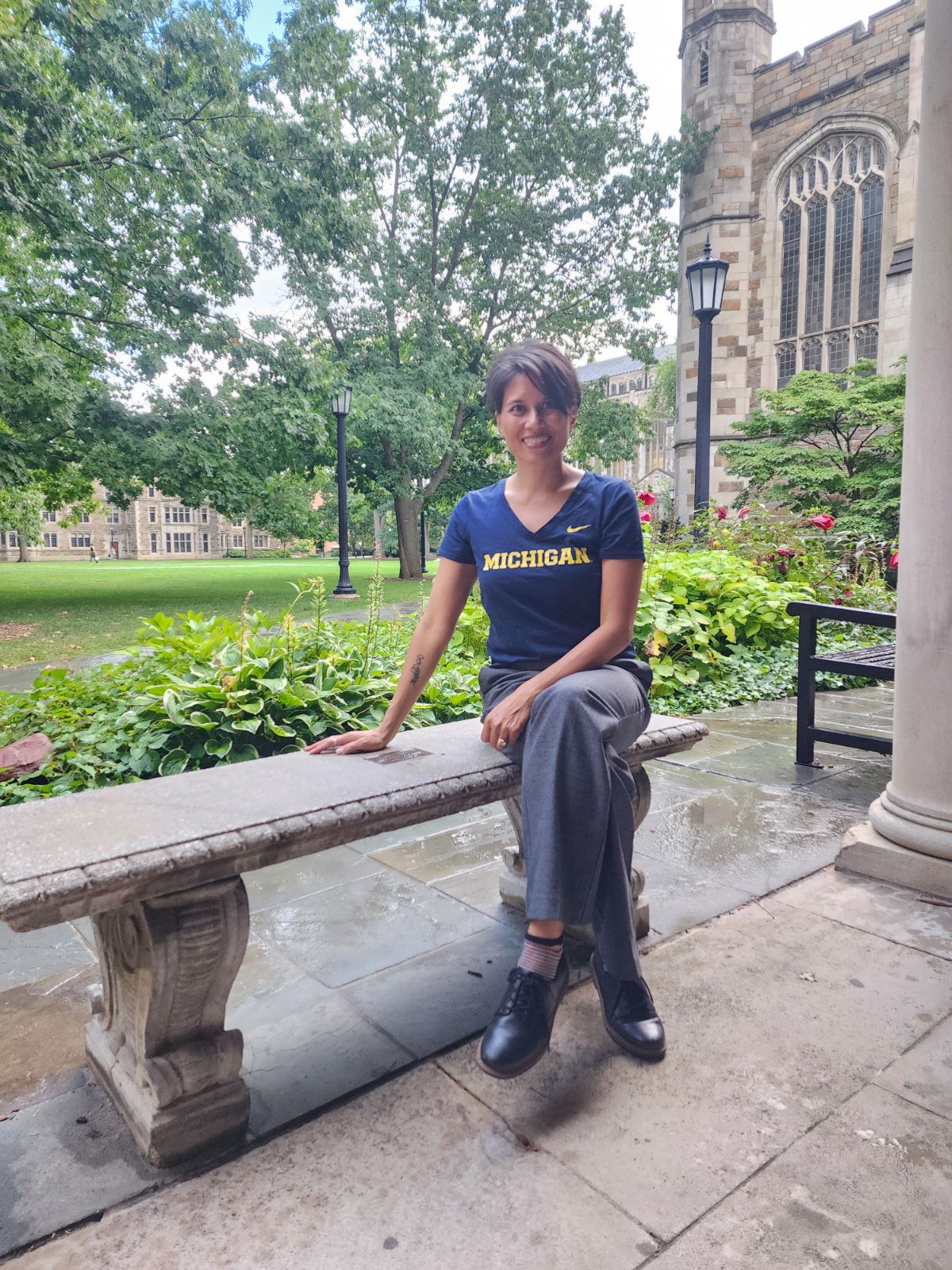A dietitian walks into a Jollibee...(i.e., nutrition counseling and cultural competence)
- Joyce Patterson
- Jan 14, 2024
- 3 min read
Jollibee recently opened a location in Southeast Michigan and local Filipinos showed up to represent. Social media articles were posted and shared, with photos demonstrating big smiles among this proud community.
For this Filipina-American dietitian, I too felt a little leap in my heart to see pictures of that happy bee fluttering in my home state. Take the credentials away from my name and what you have is the common, first-generation Filipino-American story: a child of immigrants who wanted the American dream; a child who struggled with the discomfort of being a minority in middle America; a minority woman who works with a smile, but wonders how systemic bias affects her professional advancement; an Asian-American struggling with identity when Filipinos are sometimes dismissed as the lesser Asian group.
But I digress.
Born and bred Filipino-Americans who had the privilege of "going home" with their families have memories of eating chicken and spaghetti at Jollibee. While the franchise is less a destination for authentic Filipino cuisine, (and perhaps more a representation of the Westernization of the Filipino diet), the presence of the restaurant in the United States further roots us into the American landscape. We, too, belong. We, too, have something to offer. We, finally, are being seen.
I am no historian. My knowledge of the Filipino experience is based on my parent's stories, the few visits I made to the country, and the conversations I had while there. But one particular conversation stuck with me after my last trip. I was already a practicing dietitian by this time. My masters degree was in public health. So obviously I had opinions of fast food and the marketing strategies they employ. But while touring around Manila, our driver described the symbolism of the Jollibee character and what it means to the Filipino people. As I have not done any fact-checking on this story, I do not know if it is true. However, I recall how the story made me feel.
Imagine that dimpled smile and those big round eyes. Sure, my public health prowess recognizes the marketing ploy--an adorable character flirting with children so they will beg their parents for Chickenjoy. But still, the selection of a bee hit home. The mascot could have taken any form--a chicken, for example! But instead, the company chose a worker bee, because that is who the Filipino people are: dependable, hard working, and tenacious.

Visiting your family's home country can reinforce and validate your own self-image. For years, I have applied myself with a reliable work ethic. I recall the numerous performance reviews praising me for my positive attitude. The times I said, "I'm happy to help," even when I had so much else to do. The times I put in the extra hours, even when I was so tired. The times away from my children, because I did not want to let my employers down. All done with a smile on my face
So when the driver explained that Jollibee represented the Filipino reputation as smiling, hard-working, dependable people, a feeling of belonging came over me. After growing up as an "other," I finally understood how I fit. The tenacity that I always recognized in myself was actually a defining characteristic of the community from which I came--the Filipino community.
So today, this dietitian smiles with pride to see the groups of Filipinos gathering at the Jollibee in southeastern Michigan. I plan to take my teenage son so he, too, can experience a rare opportunity where Filipinos are featured in the mainstream, rather than assimilating quietly on the side.
Health educators recognize that many foods can have cultural significance. However, while we aim to achieve cultural competence, not all foods that represent a culture will be the homemade, hand-prepared dishes of our grandmothers.
A common question I get as a dietetic preceptor is, "How do you counsel people of different cultural backgrounds?"
While this is a complicated topic that could fill a whole course, a few main points must be considered:
Beware of implicit bias--a person's cultural background does not imply that they follow cultural traditions.
"Culture" can have many meanings, and people can identify with multiple cultures simultaneously.
All cuisines have healthy food choices.
Most cuisines have cookies too.
All people have individual eating patterns.
Eating patterns are also related to social, emotional, and situational influences--not just culture.
In regard to food choices, dietitians understand that nutrition outcomes are based on overall balance, portion, and frequency. These concepts apply to all cultural cuisines. As counselors, we will never be experts on somebody else's life--no matter how many courses or webinars we attend. But if we dedicate ourselves to patient-centered care--i.e., listening and shared-decision making--we will learn how we can help.
More detailed tips for nutrition counseling and cultural competence are included in my upcoming book, Think Like A Dietitian: A Nutrition Counseling Starter Kit, scheduled for release in March 2024. To receive alerts about the book release, additional blog posts, or new products at platemethodpics.com, subscribe below!










留言